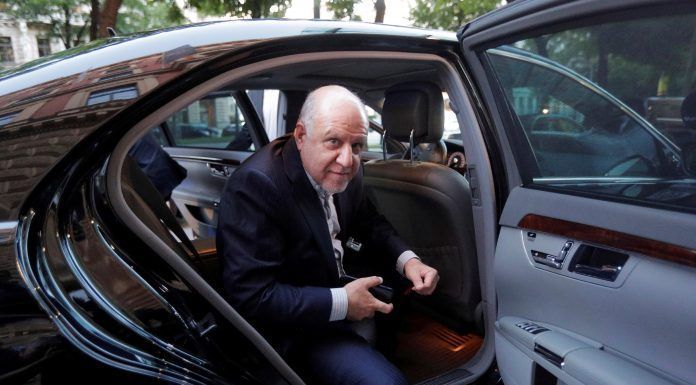Kayhan London – Federica Mogherini, the High Representative of the European Union for Foreign Affairs and Security Policy, announced in early October that the EU was going to set up a “special purpose vehicle (SPV)” that would protect non-American companies from U.S. economic sanctions against Iran.
However, many European diplomats doubt that the plan will go into effect before the end of the year. “We’re trying to put the SPV in place before Nov. 4 and are pretty confident we can do it. It won’t be operational immediately. It will take time and the time that takes will be months,” Reuters quoted an unnamed EU diplomat as saying.
A second EU diplomat said: “Everything was in place to have a symbolic start date to show Tehran that the EU was meeting its promises.” However, others have cautioned that while things were going in the right direction, “choosing a location was proving difficult given no European states had volunteered, fearing possible U.S. reprisals.”
The delay is bad news for the leaders of the Islamic Republic, who had hoped that the EU plan would enable them to avoid U.S. sanctions.
Abbas Araghchi, spokesman for the Ministry of Foreign Affairs of Iran, recently said: “The EU must set its plan in motion before the new wave of U.S. sanctions goes into effect on November 4. They must at least have completed the preliminary steps.”
“We cannot discuss the exact nature of the measures drafted to circumvent the U.S. sanctions,” Mehr news agency reported quoting Iran’s Minister of Petroleum (MoP) Bijan Namdar Zanganeh as saying.
Zanganeh said: “We must restore public trust and hope. We must not allow these tough challenges to defeat us.”
Speaking on the occasion of World Standards Day on October 14, Iran’s First Vice President Eshagh Jahangiri said: “Our oil revenue will remain the same even if we cut output by half.” Mr. Jahangiri was, however, wrong in his predictions. The price of Iranian Heavy Crude has dropped in recent weeks. Jahangiri had also said that Russia and Saudi Arabia couldn’t raise production, but both countries have increased their oil output.
The price of oil dropped by one percent on October 25. The cost of Brent Crude went down by 75 cents to $75.42 a barrel. The value of the West Texas Intermediate (WTI) crude (the underlying commodity of the New York Mercantile Exchange’s oil futures contracts) dropped by 59 cents to $66.23 a barrel. Brent Crude and WTI prices have declined by nine and ten percent in October, respectively.
[aesop_image img=”https://kayhanlife.com/wp-content/uploads/2018/10/نفت-1.jpg” panorama=”off” align=”center” lightbox=”on” caption=”Oil Price, Kayhan London. ” captionposition=”left” revealfx=”off” overlay_revealfx=”off”]
Translated from Persian by Fardine Hamidi


